Last weekend saw the release of two of the biggest films of 2023: Oppenheimer and Barbie, known collectively as “Barbenheimer”.
As hundreds of thousands of cinemagoers around the world got together to watch both blockbusting releases, we sent our new film reviewer Ben Wheeler out to see what all the fuss was about…
Oppenheimer (dir. Christopher Nolan)
Oppenheimer is spectacular, but not in the way Christopher Nolan’s other films are.
It is perhaps his quietest film to date – odd, considering the sheer volume, both literal and metaphorical, of the historical events it depicts.
The story takes place during the Second World War, following the efforts of the scientist J Robert Oppenheimer to create a weapon of mass destruction before the Nazis, and in doing so usher in a period of peace.
If this already sounds like a series of complex contradictions, fear not! We are simply deep in “Nolan Country”.
The celebrated director has, in the past, flung us to the far reaches of inner and outer space, and given us protagonists who are brain damaged, sleep deprived, even experiencing the world backwards. He also gave Gotham City the hero it needed, even if it didn’t deserve him: a man who is simultaneously a playboy billionaire and a ruthless vigilante with a bat fetish.
Nolan Country
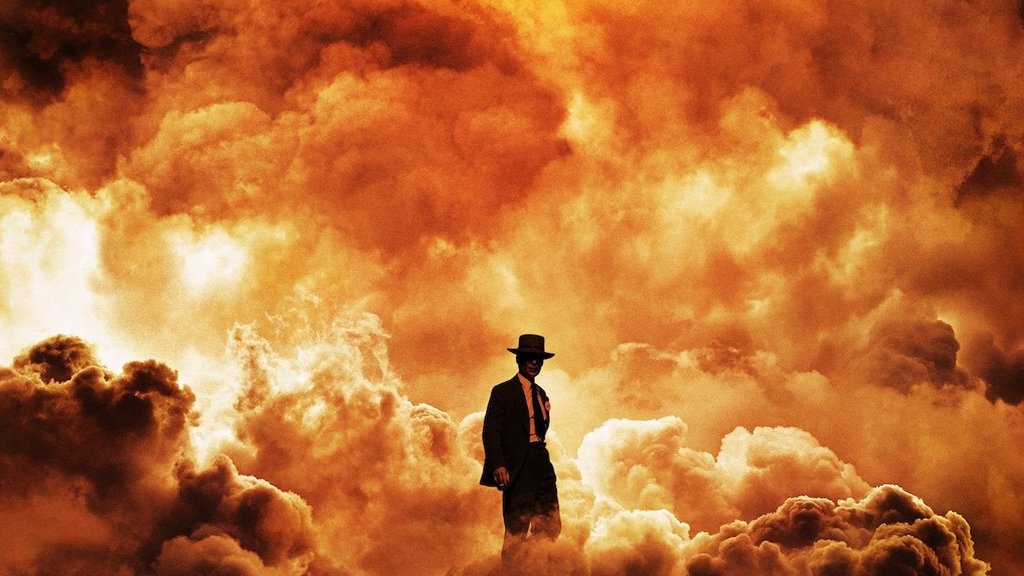
In Oppenheimer, the narrative shifts back and forth, taking in Oppenheimer’s time as a student (not a very good one, it must be said – there’s hope for us all there!), the race to build the world’s first atomic bomb, and the political aftermath of the creation of nuclear destructive capabilities.
Woven through all-star cast portrayals by Florence Pugh, Robert Downey Jr, Emily Blunt, Matt Damon, Josh Hartnett, Rami Malek, Dane DeHaan, Casey Affleck, Kenneth Branagh, Gary Oldman and many more familiar faces, the effect is overwhelming.
This is cinema at its most bombastic and beautiful, doing what only cinema can: mixing beautiful and horrifying sounds and images with recognisable, identifiable faces and places, creating a shared sensation in anyone present that something momentous is happening, right here and now — something that is of such importance that we must give it all our attention, suspend any disbelief, and allow both our emotions and our intellect to run free.
Nolan is undoubtedly one of the finest creators of this kind of film working today. His movies are anticipated around the world and are specifically constructed for the cinema experience.
And so, I beg of you, please don’t watch this on your television or laptop. And please, please don’t watch this on your… phone!!! *faints*
Oppenheimer deserves to be watched on the biggest screen you can find, and you deserve to experience it that way.

It would be remiss of me to not mention in this review that in exploring the issue of nuclear legacy, this film reduces a global concern to the perspective of one white man.
We do not hear from the people of Hiroshima or Nagasaki, nor do we hear from the Oceanians or Aboriginal Australians whose waters and land became a nuclear testing ground for the colonial powers in the years covered by this film.
This is not a reason to deride, ignore or cancel this particular piece of cinema – far from it.
By bringing the subject matter into mainstream public consciousness, films like Oppenheimer can compel us to seek out titles that do privilege these perspectives – Hiroshima (1953), Nuclear Savage (2011), Ma’ohi Nui in the Heart of the Ocean My Country Lies (2018), or the surreal Labyrinth of Cinema (2019) – to name but a few.
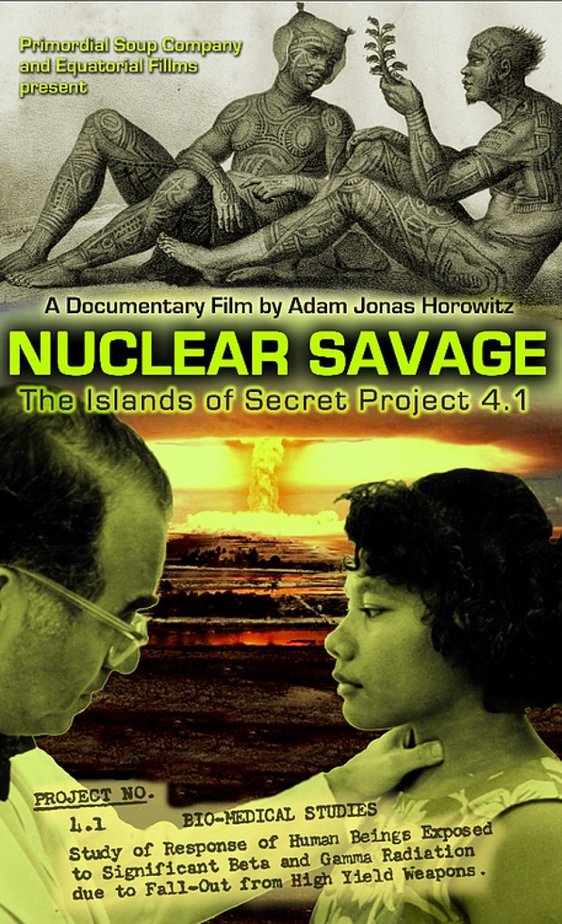
As an informed audience, we can then talk about and around this complex subject informed by multiple perspectives from multiple times and spaces.
You can, for example, go online right now and watch the short My Fish is Your Fish (created by the Marshall Islands Student Association of Fiji) or the video poems of Kathy Jetnil-Kijner (Anointed, Fishbone Hair).
They are a fantastic place to start.
You can see Oppenheimer at cinemas across Fiji this week.
Barbie (dir. Greta Gerwig)
Stereotypical Barbie (Margot Robbie) is living her best life in a world of perky pink plastic perfection.
She wakes up to a song Lizzo wrote especially for her, slips effortlessly from her heart-shaped bed into the shower, greets her fellow Barbies – appropriately diverse in terms of ethnicity, body shape, ability – glides through her days (on those always tippy-toes), and every evening, much to Ken’s dismay, has a party with the girls.
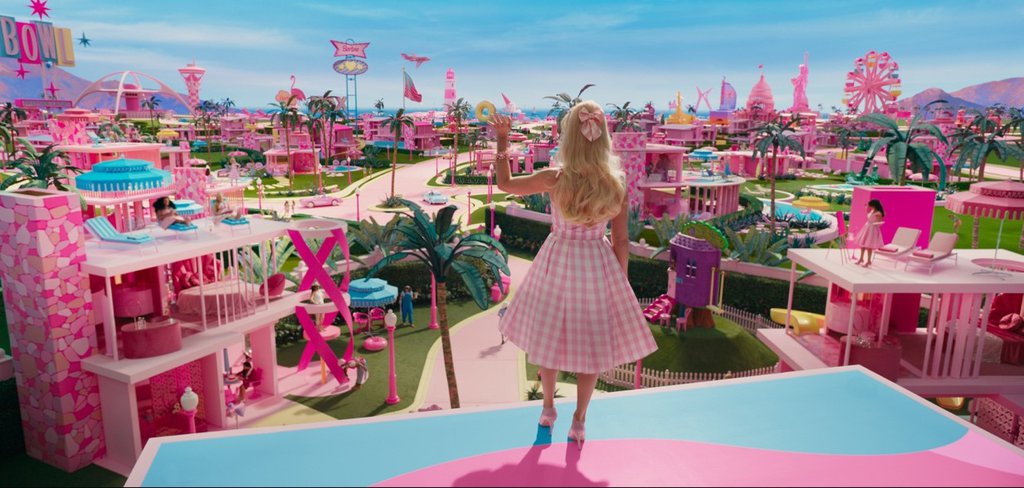
One day, however, very human emotions begin to creep into Stereotypical Barbie’s head.
Feelings of anxiety and existential angst puncture the pink perfection that is her world, and so she travels to the real world to locate the source of this supposed dysfunction.
It’s a classic fish-out-of-water story, boosted immeasurably by several factors, mainly a rock-solid script and a string of incredible performances.
Robbie is, let’s face it, Barbie — a fact not lost on the filmmakers when Stereotypical Barbie stops being beautiful whilst resolutely remaining Margot Robbie. Being Barbie, however, doesn’t simply require that she be stereotypically stunning on screen, and she invests the character with remarkable depth and feeling all the while retaining an almost rictus grin.
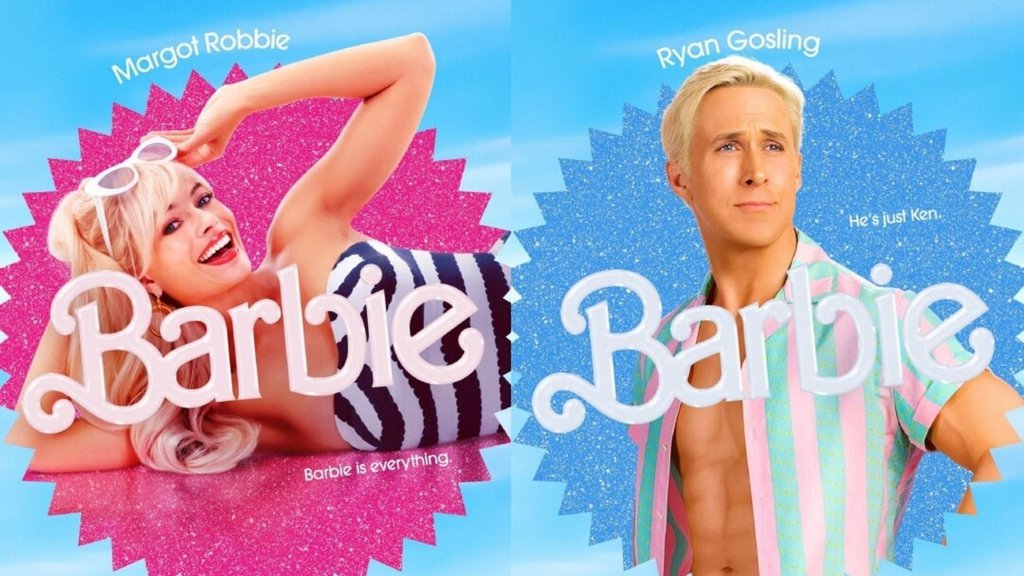
It is Ryan Gosling, though, who steals the show as Just Beach Ken. We know the baby goose can dance and sing, we know he can do intense brooding, and we know he has comedy chops, but I am hard pushed to remember a film where he displays all these talents at the same time.
Behind these two archetypes of modern-day mainstream beauty and celebrity cool are a myriad of talented and beautiful actors including Issa Rae, Dua Lipa, Simu Liu, Michael Cera, Ncuti Gatwa, Helen Mirren, Emma Mackey, Kate McKinnon, America Ferrera, Ariana Greenblatt and Will Ferrell. They all give 100% and make this one of the most energetic and outright hilarious films in years.
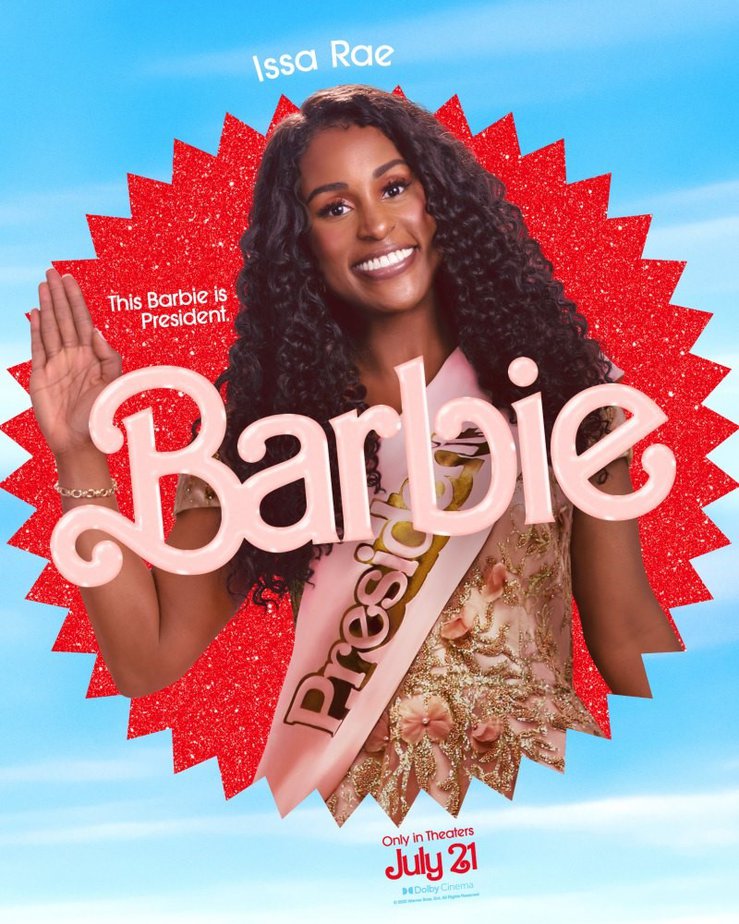
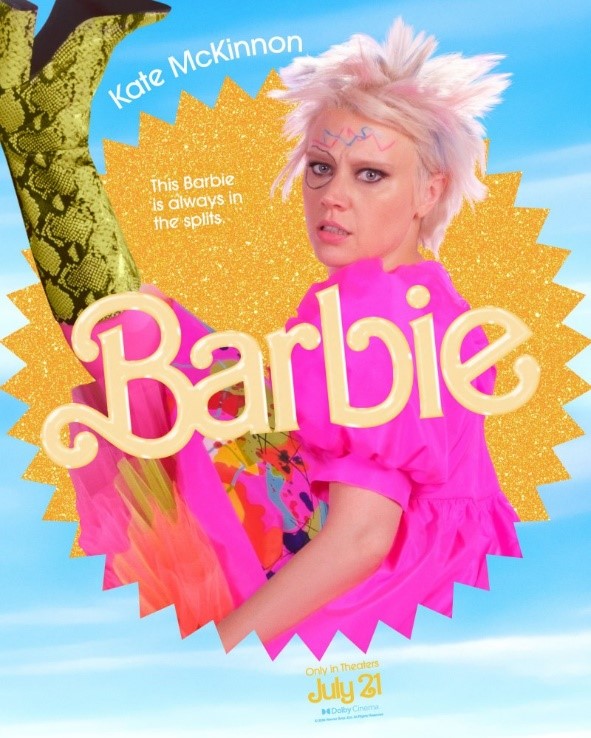
But more importantly, Barbie has something to say about the world. Behind all the fizz is a film that achieves the almost impossible, navigating complicated issues around capitalism and consumerism, gender and identity politics, power and empathy, all with a knowing wink and an impossibly bright smile.
The movie manages to perfectly encapsulate Third Wave Feminism: the misguided notion that the movement had finally created a level playing field for women; the shocking backlash of wounded patriarchal masculinity in crisis — all the while poking gentle fun at everyone’s complicity in and struggles with these issues.
I have little doubt Barbie will be the biggest selling movie of the week here in Fiji, as it has already been elsewhere in the world. There is a huge modern market for films that tap into our childhood memories of toys that stretches back at least as far as 1995 and Toy Story.
But recently the genre has shifted from misty-eyed nostalgia to an understanding that the toys we play with as children often have a profound effect on the way we see ourselves and our place in society as adults.
What’s more, they influence the way we look at important aspects of our identity, in particular gender and what boys and girls can and should – and perhaps more importantly, what they can’t and shouldn’t – be doing.
It is heartening to see a film like Barbie taking the boys to task and outselling both Oppenheimer and Mission Impossible: Dead Reckoning at the box office, although this will, in some circles I’m sure, be considered quite unbecoming for the demure doll.
Clearly this is not simply a movie for those wishing to recapture their youth or share the phenomenon that is Barbie with their own children – although the film works perfectly well on this level.
Behind that facade, however, is a message that will resonate with anyone, no matter how they identify, for the ever-changing Barbie and Ken in all of us.
You are no longer in the shadows, it tells us. You have been seen, and you are practically perfect just the way you are.

Yes, even you Allan.
Barbie is playing at cinemas across Fiji this week.
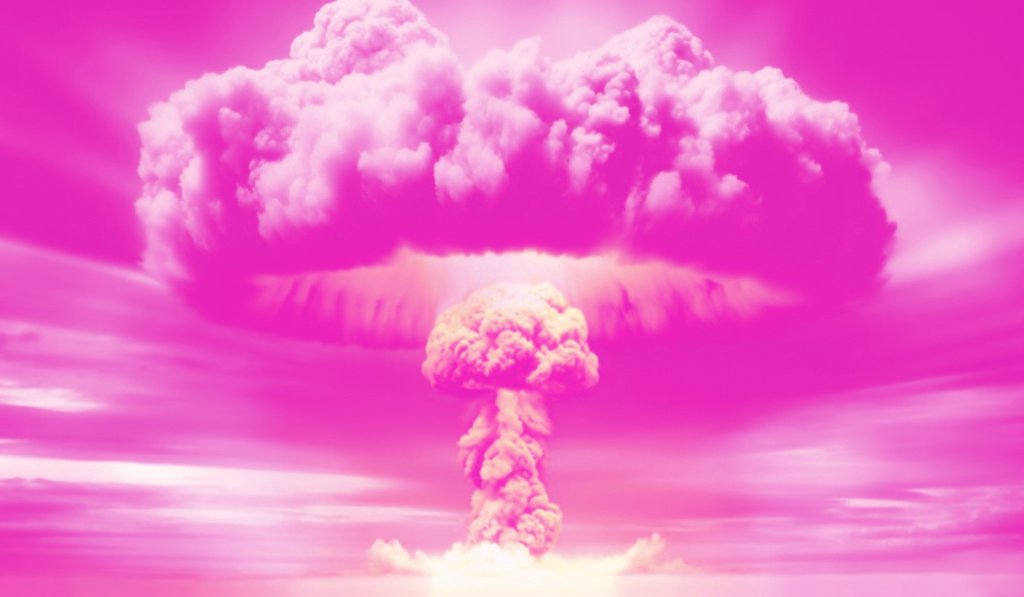



One Comment “Barbenheimer”